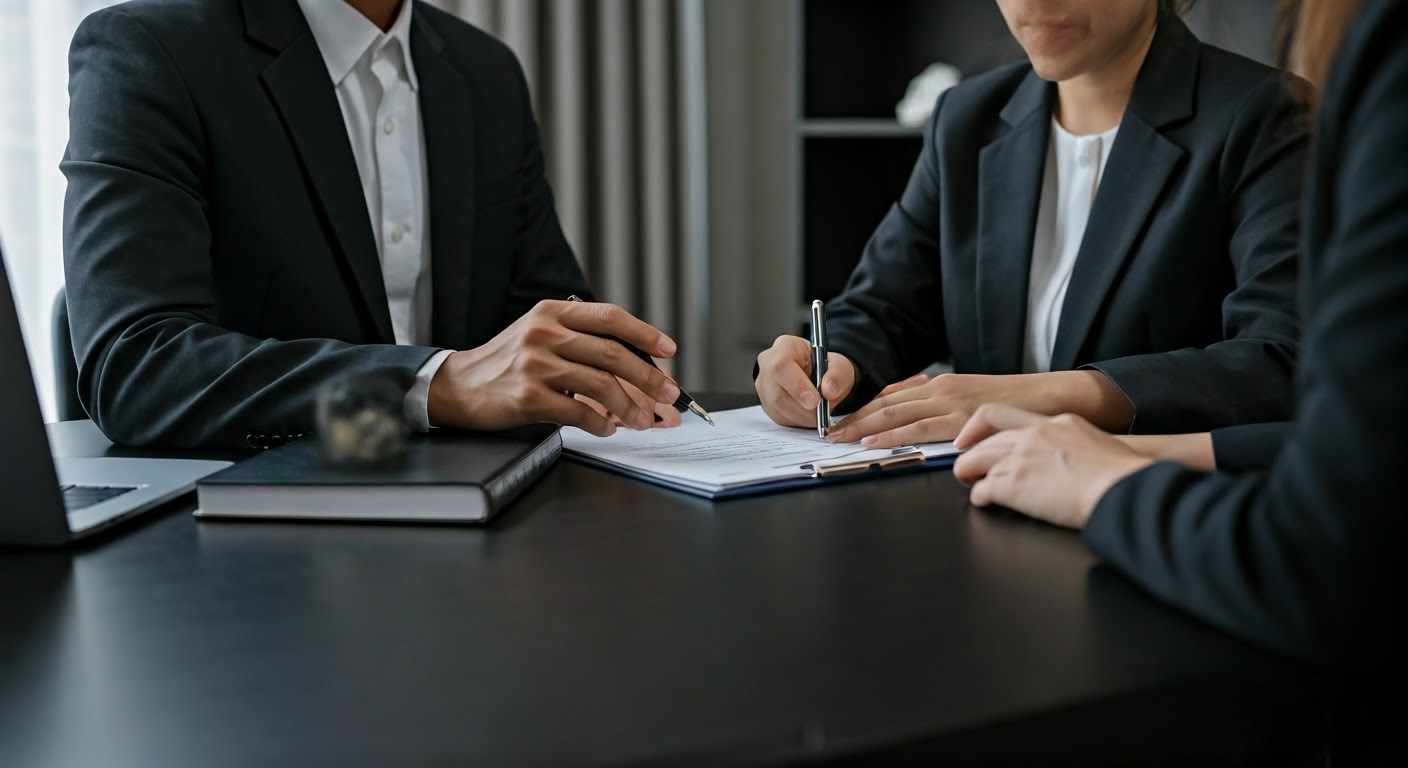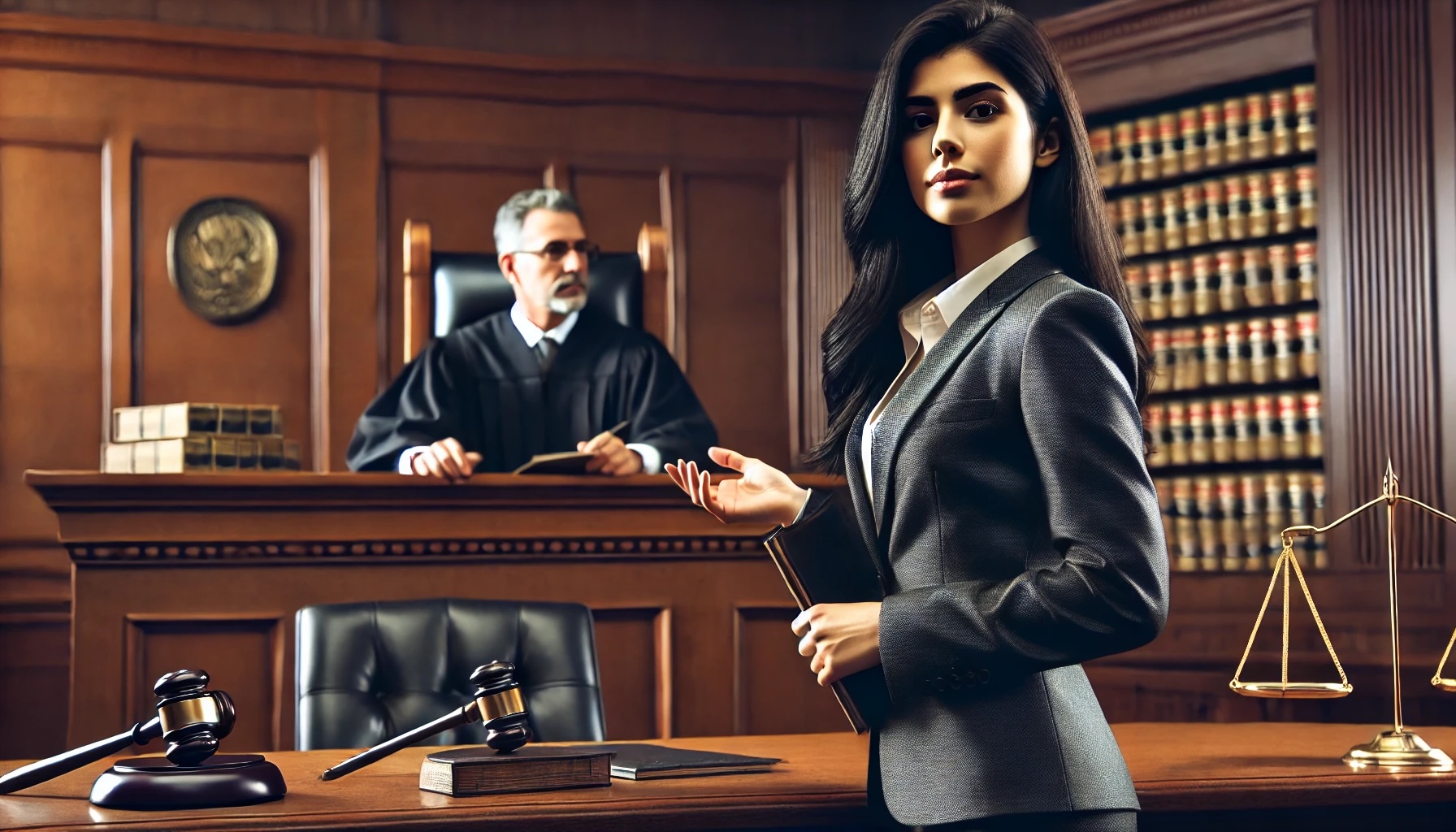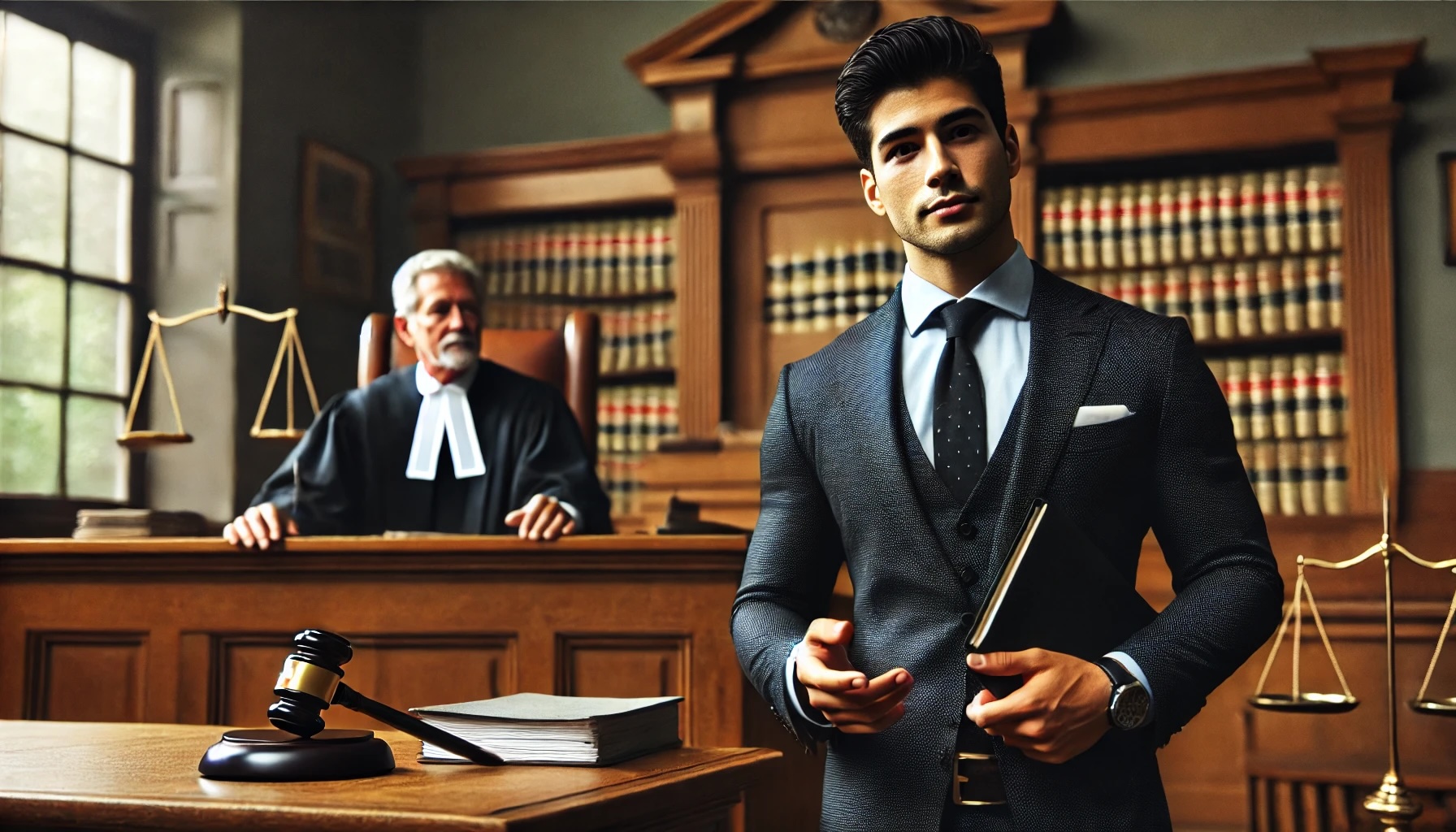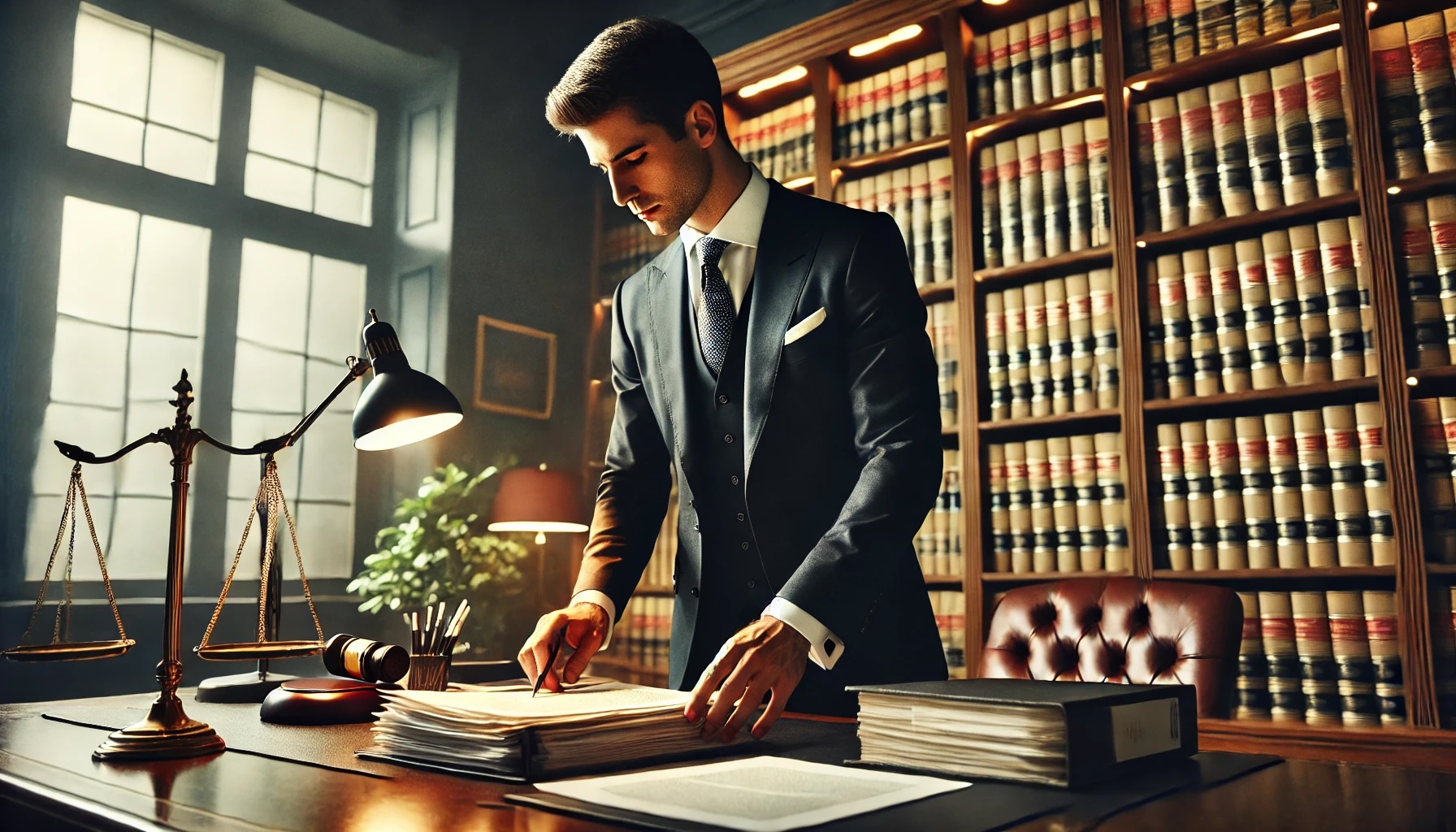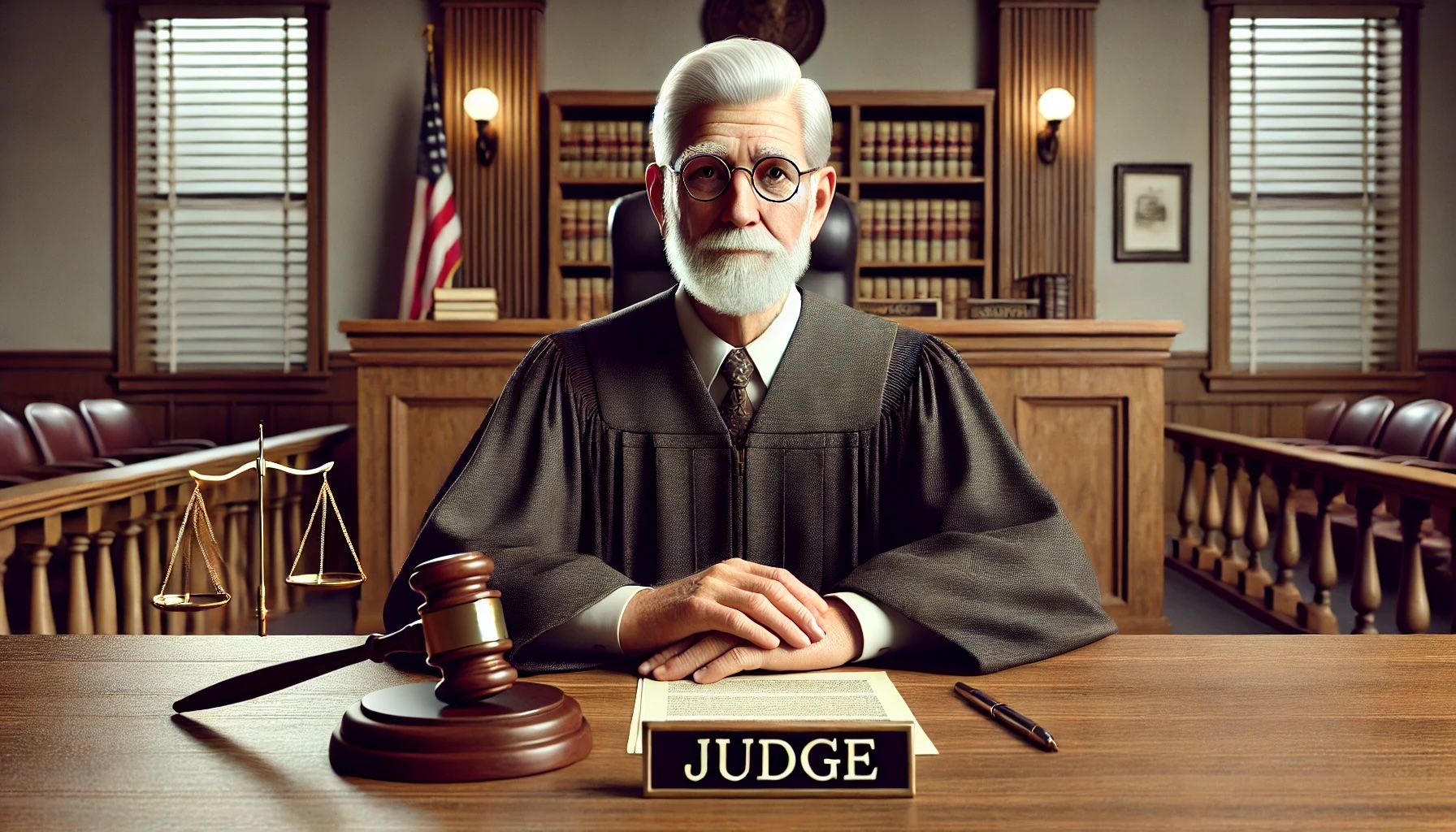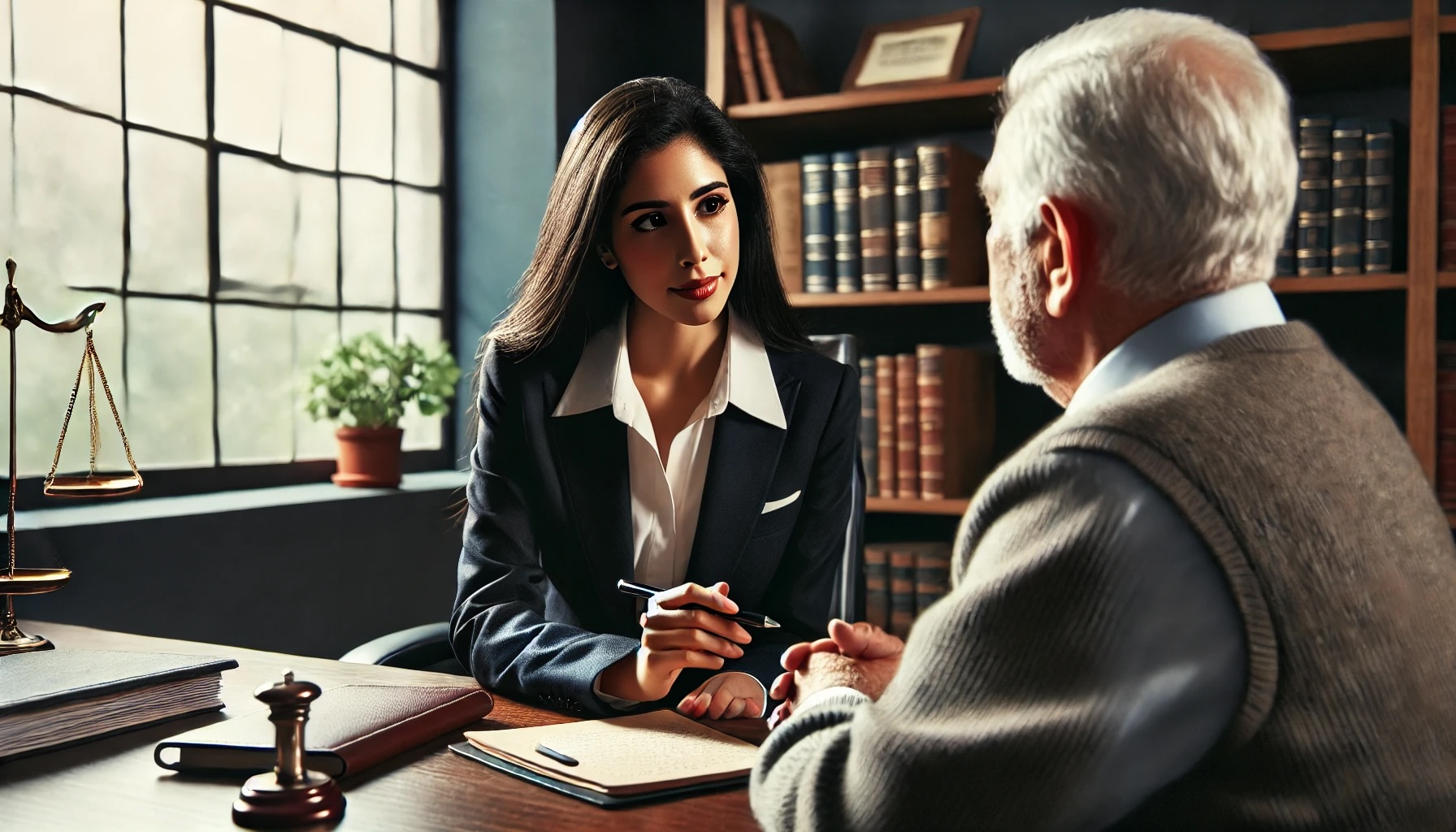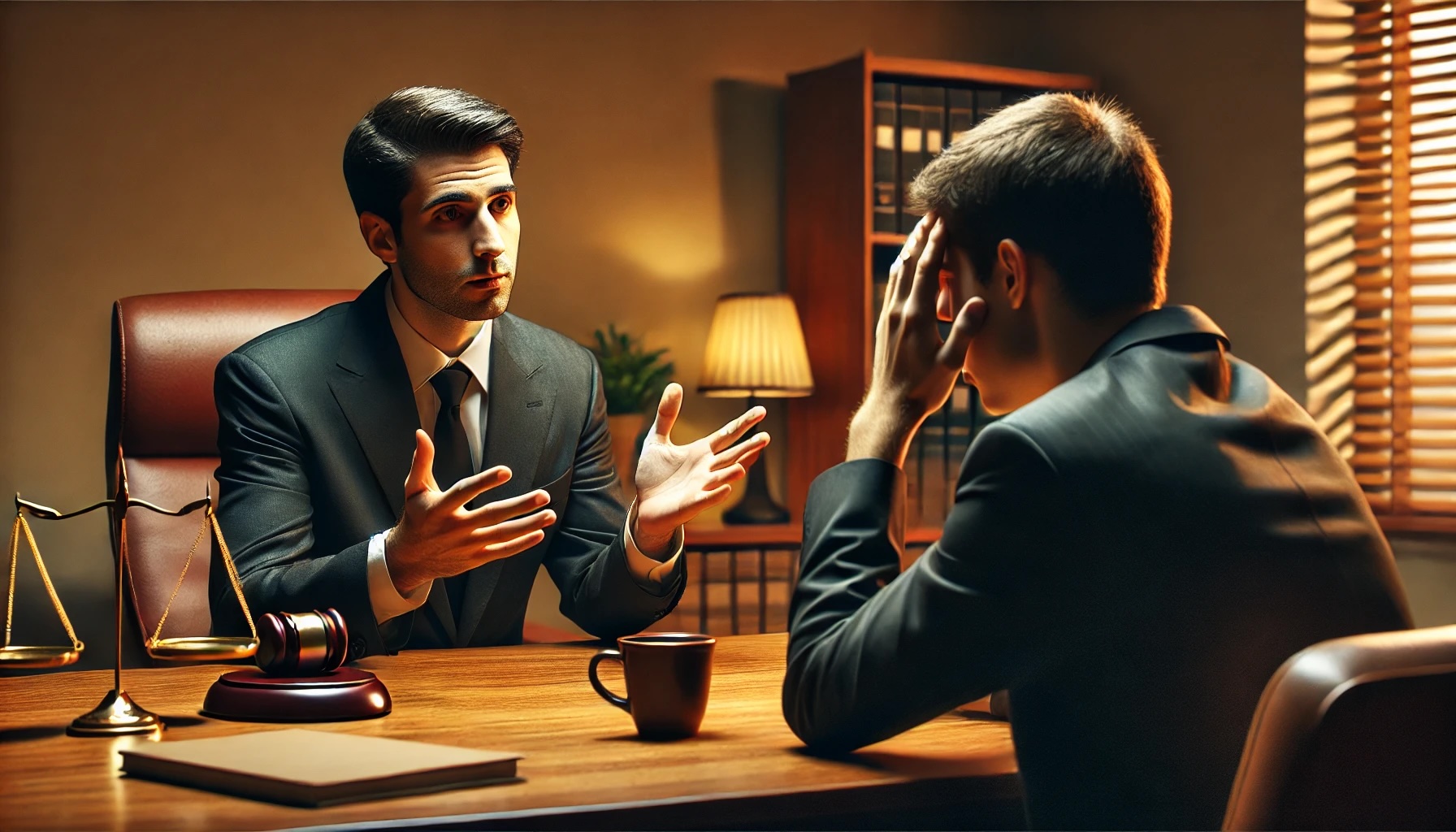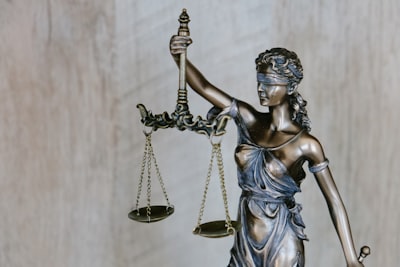Key Highlights
- Personal injury focus groups help us understand how a jury could see a case.
- These groups show us the good and bad parts of a case, helping lawyers improve their plans.
- Trained facilitators make sure the process is fair and encourage honest opinions from those taking part.
- Using Zoom for focus groups gives flexibility and saves money.
- The insights we get from these groups can greatly affect how we prepare a case, from collecting information to talking about settlements.
Introduction
In personal injury law, a law firm must understand how a jury thinks. This is where focus group participants become very important. They give feedback on the facts of the case. Focus groups create a mock courtroom. This helps attorneys see the possible strengths and weaknesses of a personal injury case.
The Challenges of Setting Up Personal Injury Focus Groups

The benefits of focus groups are clear, but creating a successful personal injury focus group can be challenging. It needs careful planning and action to get feedback that is smart and fair.
Many things, such as time limits and keeping neutrality, can affect the process. It is important to see and deal with these possible issues for using the full power of personal injury focus groups.
Time Constraints for Attorneys
Attorneys, especially those working on complex cases, often have a lot to do. They must handle many cases, appear in court, and meet clients, which leaves little time for extra tasks like organizing and running focus groups.
A law firm’s resources, like staff and time, are limited. It is important to use them wisely. Attorneys might not want to spend a lot of time on focus groups when they have other urgent tasks in their litigation work, as failing to act in good faith could lead to issues of bad faith in their practices.
Still, the information from these focus groups, which consist of a diverse group of people, can help make litigation strategies better. This can save time later. A good focus group can show a quicker way to resolve issues, whether that means reaching a good settlement or having a clear trial strategy.
Difficulty in Maintaining Neutrality
One main challenge is removing biases. Attorneys who care a lot about their cases might unknowingly affect the people involved. This can distort the feedback, making it less like the thoughts of a real jury.
To solve this, a neutral moderator is very important. A skilled moderator knows how to guide group talks. They help keep the focus on the facts of the case. They do this by asking clear questions, managing the conversation, and stopping stronger voices from having too much impact on the group.
A good moderator creates a neutral space where people can share their true opinions. This helps attorneys get a better sense of public perception.
Recruitment and Selection of Focus Group Participants
Choosing the right people for focus group participation is very important. It greatly affects how reliable the insights we gather will be. We need to find out what type of person matches the demographics and opinions of the potential jury pool. This helps us get useful feedback.
However, picking these participants can be hard and take a lot of time. Attorneys must make sure the participants reflect the community where the real jury will come from.
Also, we have to check participants for any biases that could affect their views. This careful process of recruiting and selecting focus group participants makes sure we have a good sample. It also improves the quality of the research.
The Advantages of Professional Focus Group Facilitation
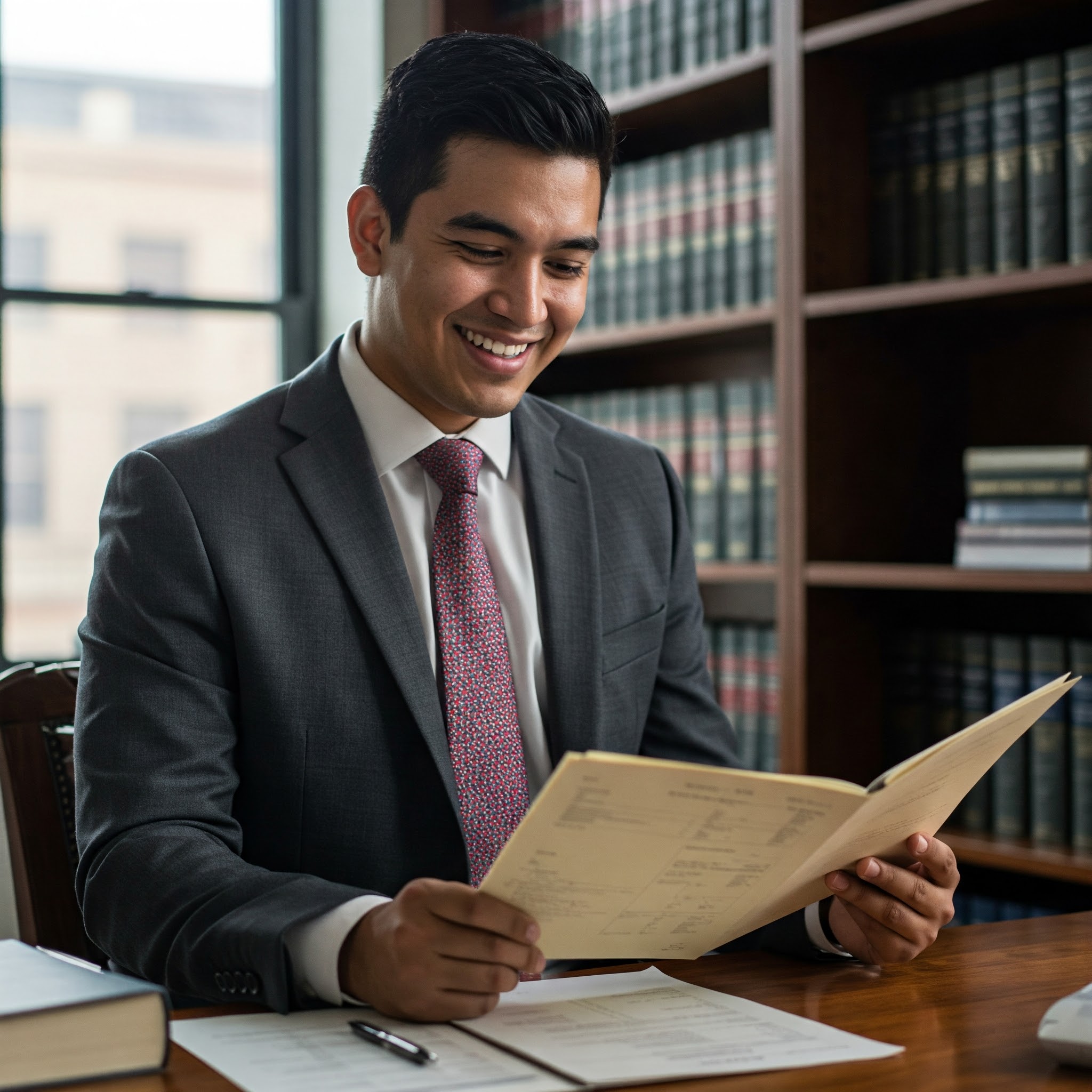
Many law firms understand the challenges they face. As a result, they are turning to experts called focus group facilitators. These professionals create safe and neutral settings to gather honest feedback. They know how to manage group interactions and get useful information.
With their outside perspective, these facilitators offer new ideas. They help lawyers view the case from different angles. This clear feedback is important for improving legal plans and strengthening the case before it goes to court. You can moderate a focus group on your own or you can have our attorney discuss your needs and moderate as a third person Sidebar Solution.
Expertise of a great moderator of Personal Injury Attorneys in Focus Groups
Experienced personal injury lawyers know that winning a case is not just about making strong legal arguments or providing essential legal advice. It is also about how well these arguments resonate with the jury. Carefully conducted focus groups help lawyers understand what potential jurors think.
This knowledge helps lawyers adjust their presentations and improve their legal points. They can predict what challenges might come up. By addressing worries and showing important evidence, they can make their clients’ cases more convincing and more straightforward to relate to.
Additionally, what lawyers learn from focus groups helps during the discovery process. It ensures that personal injury lawyers search for and gather the most critical evidence to support their clients’ claims against insurance companies. At Sidebar Solution, our consulting group will discuss your case in detail, which will help us develop the best alternative to present at the Focus Group. This will ensure we have a clear and definite direction from the Focus Group on the necessary topics.
Leveraging Technology: The Role of Zoom in Focus Groups=
Zoom has revolutionized the way focus groups are conducted, offering a convenient and efficient platform for market research. With the global shift towards remote work and virtual communication, Zoom has become an essential tool for businesses looking to gather insights from their target audience.
One of the key advantages of using Zoom for focus groups is its accessibility – participants can join from anywhere in the world with just a click of a button. This has expanded the reach of focus groups, allowing researchers to connect with a diverse range of participants without the limitations of geographical boundaries.
Additionally, Zoom offers features that enhance the focus group experience, such as breakout rooms for smaller discussions, screen sharing for presentations or product demonstrations, and recording capabilities for later review. These features make it easier for moderators to facilitate discussions and for participants to engage actively in the research process.
Moreover, Zoom provides a secure and reliable platform for conducting focus groups, ensuring that sensitive information shared during the sessions is protected. This is especially important when discussing confidential business strategies or proprietary product details.
Overall, Zoom has played a pivotal role in modernizing traditional focus group methodologies, making them more accessible, engaging, and effective for businesses seeking valuable consumer insights. By leveraging technology like Zoom, businesses can conduct cost-effective and insightful research that informs strategic decision-making and drives business growth.
Virtual Focus Groups
Technology within the platform has become a helpful tool for running virtual focus groups where participants can engage in discussions in the Chat. This gives several benefits:
- Cost-effectiveness: Zoom removes the need for meeting spaces, travel costs, and other expenses linked with traditional focus groups.
- Flexibility and Convenience: With Zoom, lawyers and participants can join from any place, which makes scheduling and joining much easier.
- Efficiency: Virtual focus groups make the whole process quicker, cutting down the time needed from both lawyers and participants.
These benefits make Zoom an attractive choice, especially for law firms looking for smart and affordable ways to understand their cases.
Let Sidebar Solution put together a successful Focus Group, allowing you to free up more time.
Real-Time Insights from a Diverse Participant Pool
Focus groups do more than just collect opinions. They let attorneys see how people react during the discussions. This gives them important insights that surveys or questionnaires may not reveal.
By bringing together a mix of participants, attorneys can gather a wider range of viewpoints. This helps them understand how different jurors might see the facts of the case. With this knowledge, they can adjust their strategies.
Using these different perspectives, personal injury attorneys can create a stronger story. They can also forecast possible objections and strengthen their clients’ cases.
Setting Clear Objectives for the Focus Group for Personal Injury
Before putting together a focus group, attorneys need to make their goals clear. What insights do they want to gain? Do they want to check how strong their arguments are, see if there’s a chance for a good verdict, or look into different legal strategies?
Having clear goals keeps the focus group focused and relevant to the case. It guides the moderator and helps create specific questions to get the information they want.
Focus groups for personal injury
When attorneys know what they want to achieve, they can get the most out of the focus group. This turns the data and opinions into useful legal plans.
Focus groups for personal injury cases can be a valuable tool in understanding the perspectives and experiences of individuals who have suffered injuries due to accidents or negligence. These groups typically consist of a small number of participants who share their insights, opinions, and feedback on specific issues related to civil cases.
Conducting focus groups can help civil cases gather in-depth information about how individuals perceive their injuries, their impact on their daily lives, and their expectations regarding compensation. By listening to these firsthand accounts, legal professionals can gain valuable insights into the emotional, physical, and financial challenges accident victims face.
Moreover, focus groups can also provide a platform for brainstorming ideas for improving legal services, enhancing communication strategies, and addressing common misconceptions about personal injury law. The feedback obtained from focus group discussions can inform decision-making processes and help tailor legal strategies to better meet clients’ needs.
Overall, focus groups for personal injury cases serve as a powerful tool for gaining a deeper understanding of clients’ perspectives, fostering empathy and trust between legal professionals and accident victims, and ultimately improving the quality of legal representation in personal injury cases.
Designing Questions that Yield Strategic Insights

The questions asked in a focus group are very important. They help shape the quality and importance of the information gathered. Attorneys need to create open-ended questions. This allows participants to explain their thoughts and reasons behind their views.
For instance, instead of just asking if someone thinks someone else is at fault, attorneys could ask how the participant understands what happened before the injury. They could also ask what factors shaped their view of who is responsible.
This method reveals hidden beliefs, biases, and views that can affect how jurors see the type of case, much like a phoenix rising from the ashes of misunderstandings. It helps attorneys expect problems, adjust their arguments, and tackle any worries that may come up during the trial.
Analyzing Feedback for Trial Strategy Enhancement
Once the focus group ends, the real work starts – analyzing the feedback. This means carefully looking at participants’ words, finding common themes, and pulling out valuable insights. It’s not just about collecting data; it’s about understanding it and using it wisely.
Lawyers and their teams need to break down the information. They look for patterns that show how a jury might view the evidence, the witnesses, and the main story of the case. This analysis helps improve legal plans, make stronger arguments, and increase the chances of winning.
Checking the feedback does more than highlight weaknesses. It also offers a chance to focus on strengths. Knowing what a mock jury responds to helps lawyers highlight those points in court. This can strengthen their client’s case and improve the chances of getting a good verdict.
Sidebar Solutions reports can provide detailed information over the three-hour-long Focus Group. It can break down the differences between the male and female participants amongst many other categories and give detailed feedback to the attorneys. Please take a look at the example of a report on the Sidebar Solution Focus Group report example.
Focus Groups Before Litigation to Save Time and Money
Focus groups before litigation can be a valuable tool to save time and money in personal injury cases. By gathering a small sample of individuals to review the case and provide feedback, attorneys can gain insight into potential strengths and weaknesses of the litigation strategy. This proactive approach allows legal teams to identify key issues early on, potentially leading to quicker settlements or better outcomes in court. Additionally, focus groups can help attorneys refine their arguments and tailor their case presentation for maximum impact during litigation proceedings.
In conclusion, civil cases focus groups can really improve trial strategy. They give essential insights and different perspectives. It is vital to overcome challenges like time limits and fairness issues for the focus group to be successful. Using professional help and technology like Zoom can provide quick and varied feedback from participants. Clear goals, good questions, and careful feedback analysis are essential for a strong focus group. These insights help prepare for trials and build a strong case strategy. To keep up with the latest strategies and practices in personal injury law, subscribe to our updates for helpful resources and expert advice.
Frequently Asked Questions
What qualifications should a focus group facilitator have?
An effective focus group facilitator is skilled at leading group discussions. They should have training or experience in market research or a similar area. It’s important for them to stay neutral, encourage everyone to participate, and create a comfortable space for discussions. Sidebar Solution offers a third-party personal injury attorney who has conducted many focus groups and won many civil trials. Ilya Lerma holds the second-highest civil verdict in 2023 in Arizona. Sidebar Solution and the experience of Ilya Lerma can help you through the Focus Group to get the relevant information needed to impact your case.
Can focus groups truly represent a jury’s perspective?
Focus groups provide valuable insights but cannot fully replicate a jury’s perspective. The selection process aims to ensure a fair mix of participants. Nevertheless, we often find ourselves only discussing parts of the case. It’s simply not feasible to cover a three-week, two-week, or even one-week trial in a three-hour focus group. However, if specific circumstances positively or negatively impact a case, we can examine those with the focus group and typically arrive at a reasonable third-party opinion.
What are the common pitfalls in conducting a focus group?
Some common mistakes are unclear goals, badly designed questions, weak moderation, and insufficient analysis. Good planning, skilled facilitation, and careful analysis can help fix these problems. Using our legal team at Sidebar Solution, we will discuss your case’s pros and cons to ensure we get the most out of your virtual Focus Group.
How can personal injury focus group insights benefit the trial preparation process?
Personal injury focus groups help improve trial preparation. They do this by showing the strengths and weaknesses of the case. This information allows attorneys to improve their strategy and make better arguments. It also helps them to expect what the defense might do.
How do attorneys use personal injury focus group information to strengthen their trial strategy?
Attorneys use information from focus groups to improve their trial strategy. They adjust their presentations, highlight necessary evidence, respond to concerns, and expect possible questions from the jury. This helps them create a more convincing and compelling approach in court. Attorneys often use information that they receive from the Focus Group in their void dire, opening, and throughout the trial.
Brad Schaeffer
Brad@sidebarSolution.net
